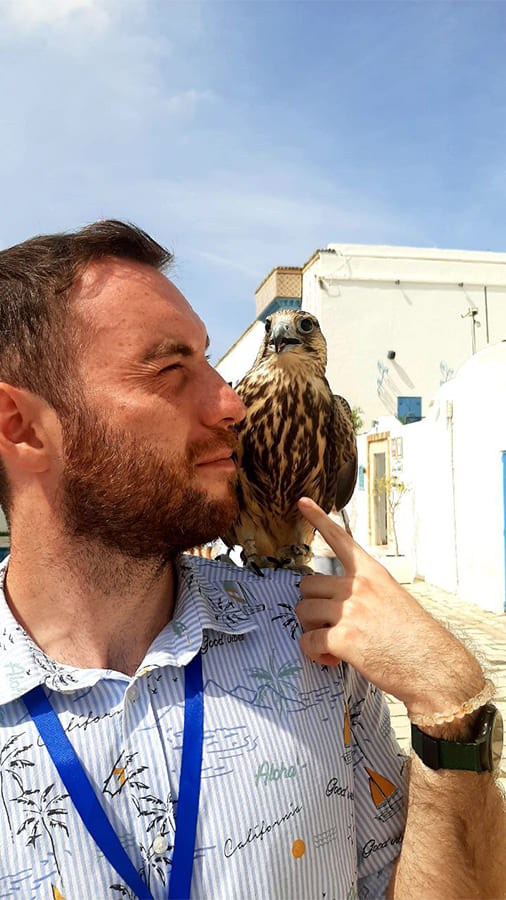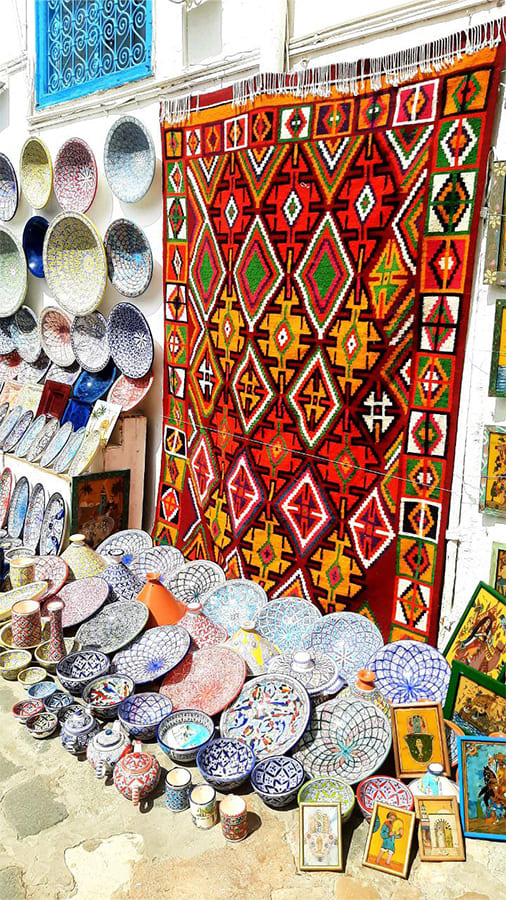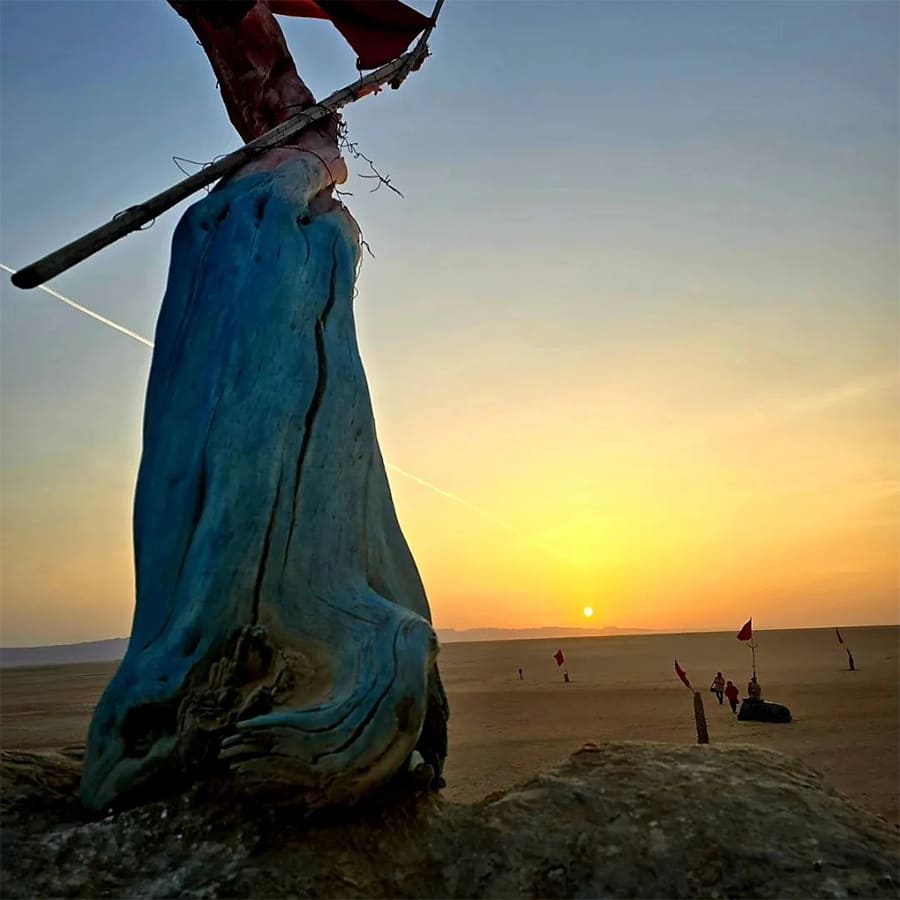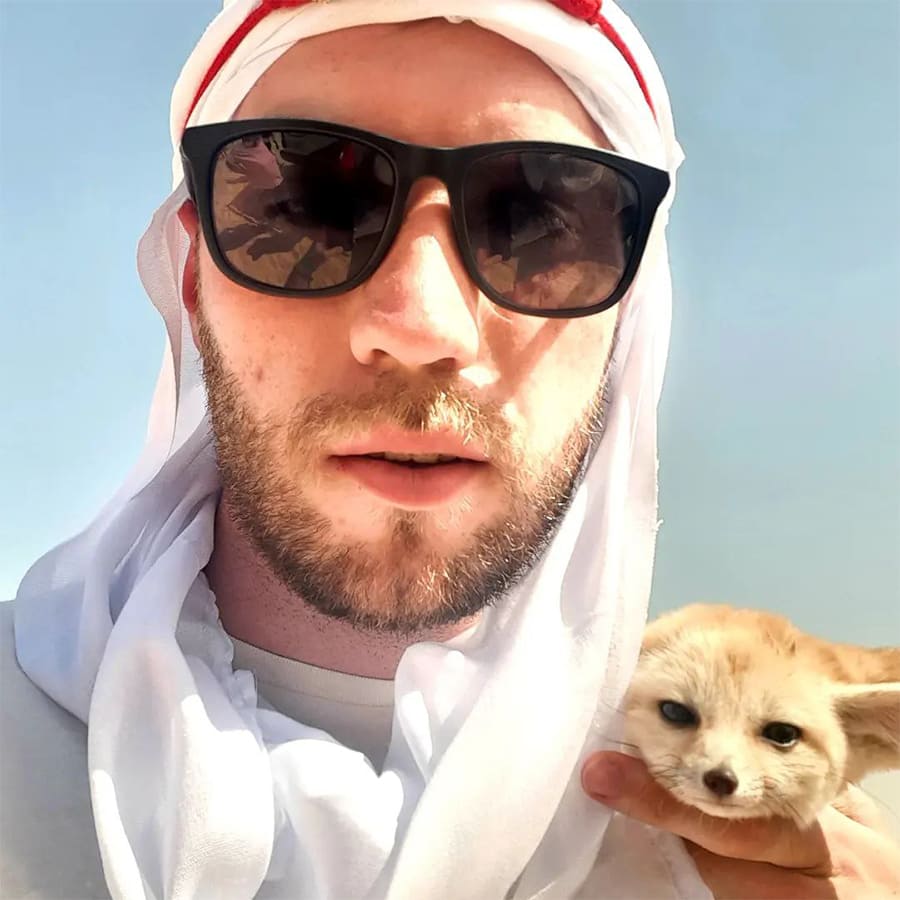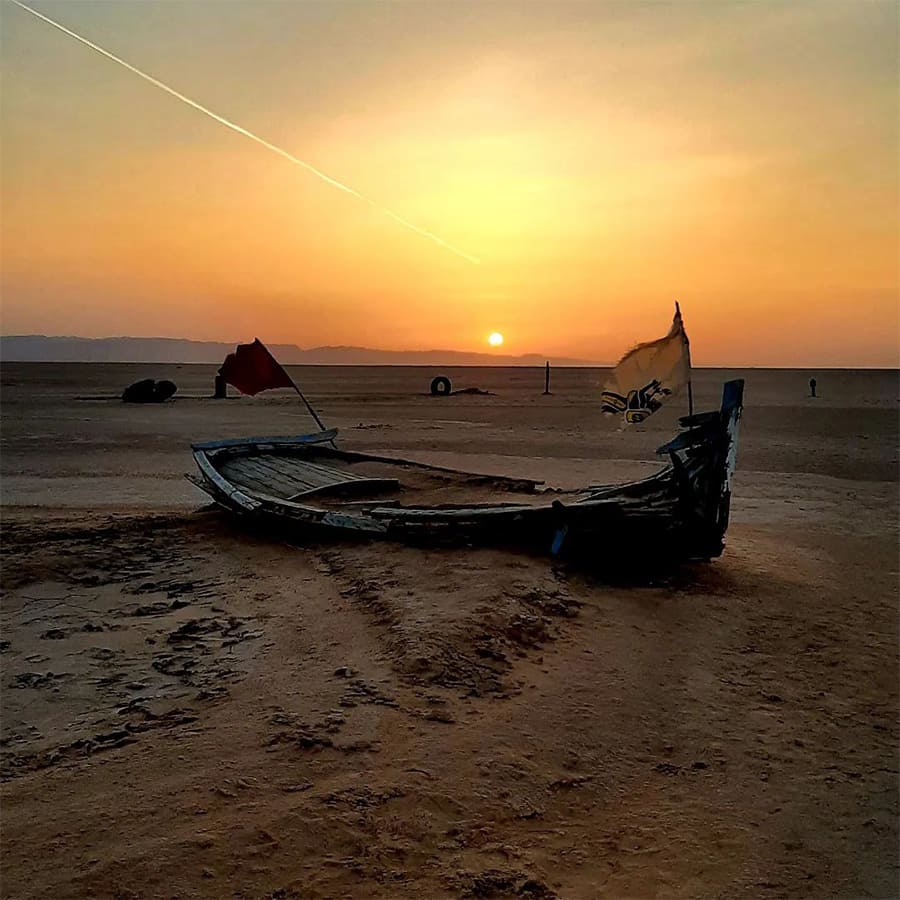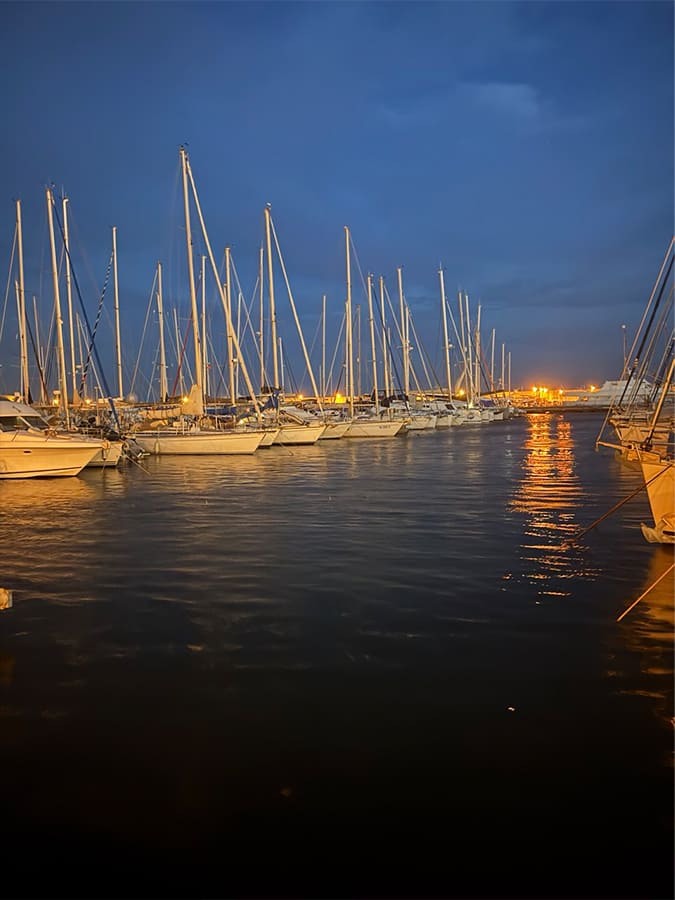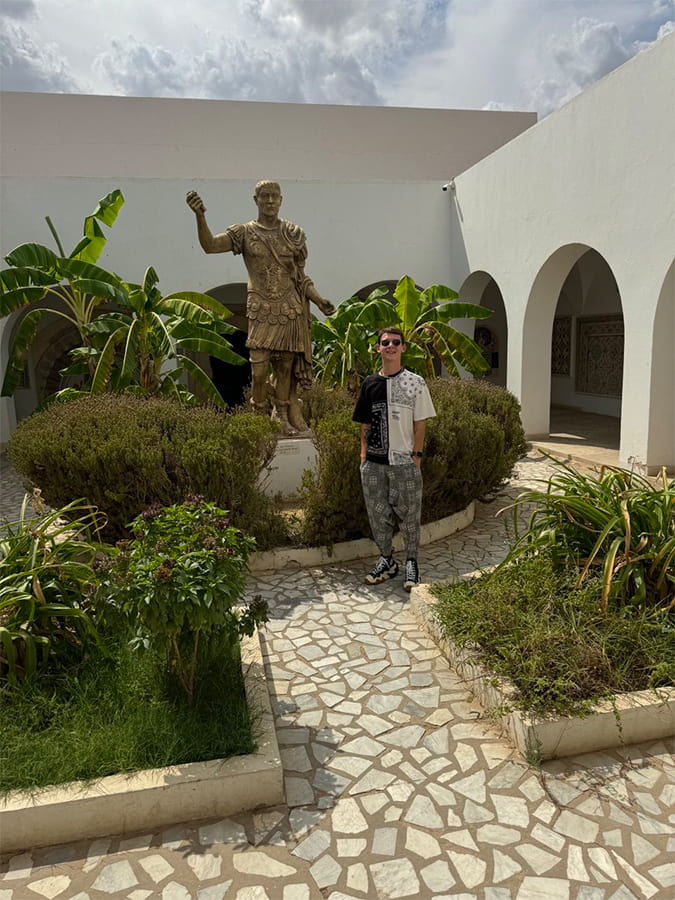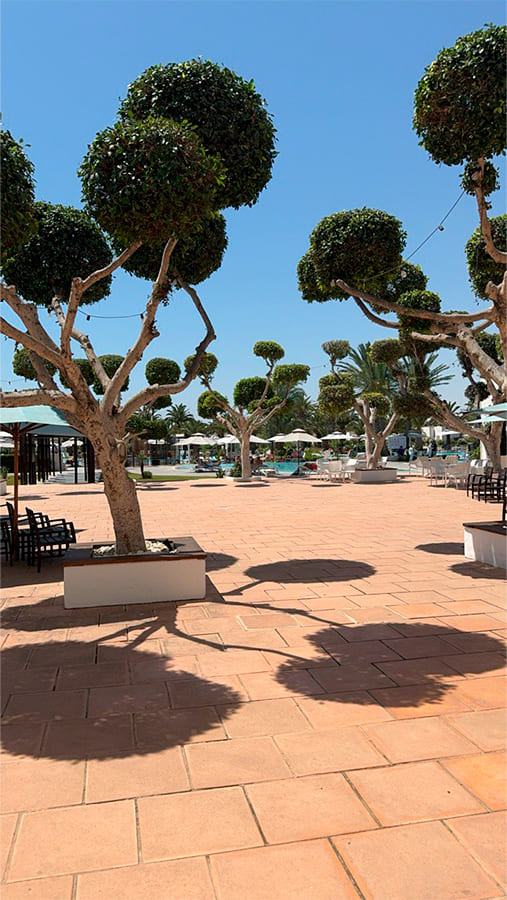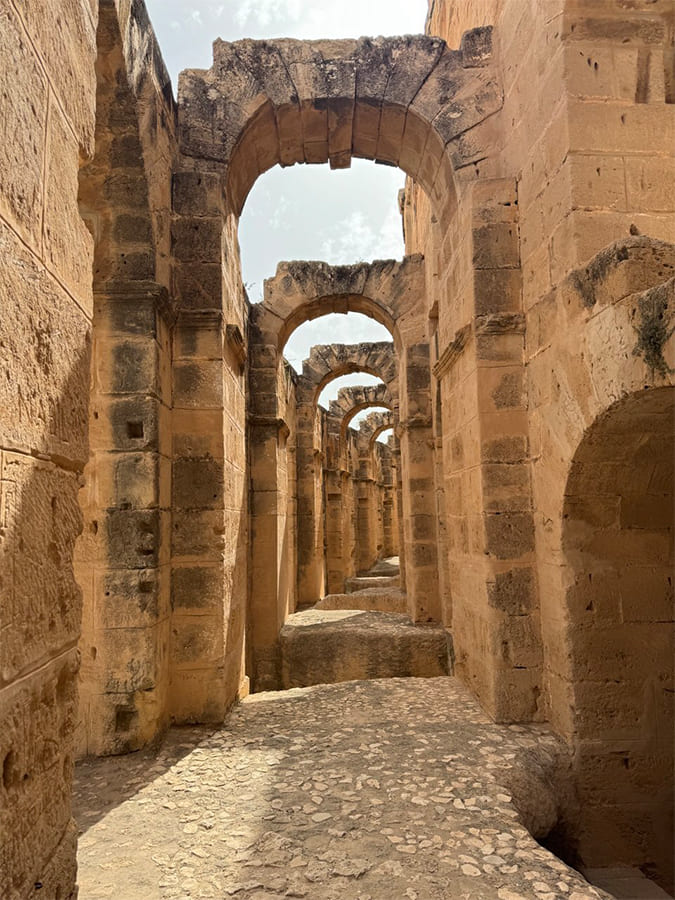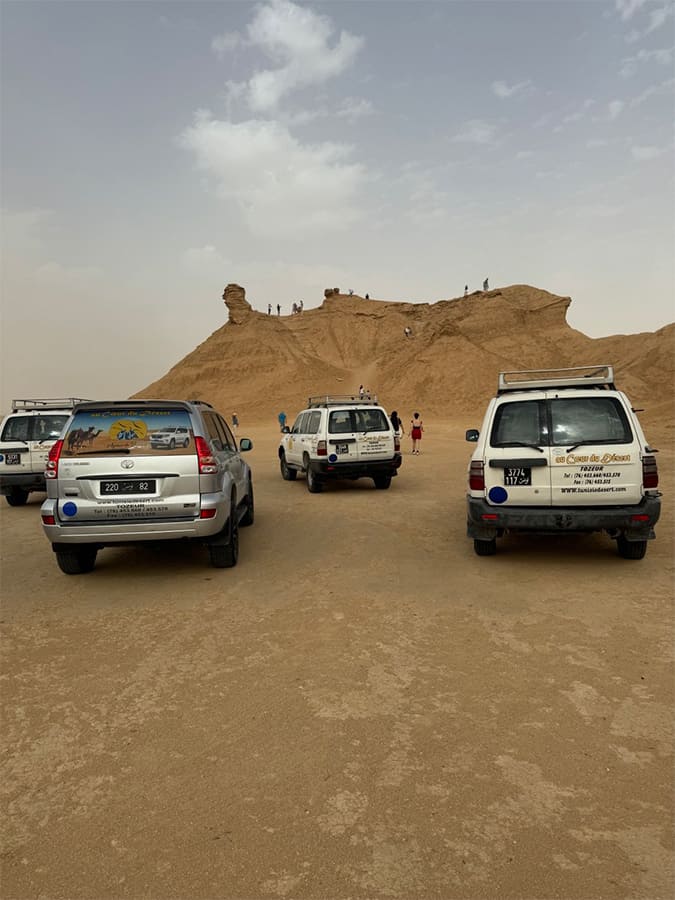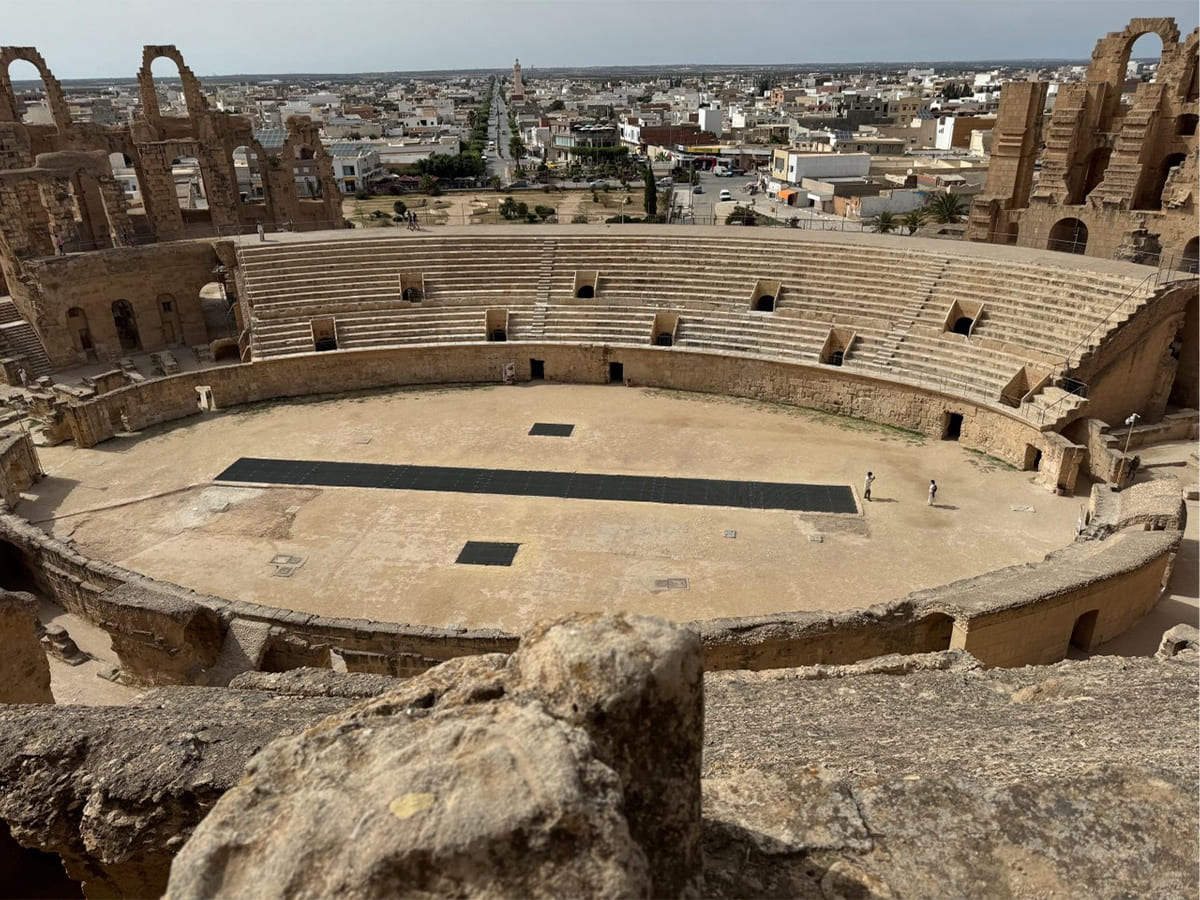«The Happiness Index» by CG: Let’s Ask the Opinions of Our Employees. Part I
There’s a widespread assumption that the most delicious dishes are made when cooked in a good mood. And this rule applies to nearly all areas of human activity. Work done with enthusiasm thrives. If we smile broadly when interacting with people, they start smiling in return.
But in order to have something to share, one must also receive positive emotions from somewhere, right?
This brings us to the «happiness index» which is a combination of factors that make a person feel like a fully charged battery, provided that this combination is the right one. Working conditions, rest, relationships with colleagues, a sense of security, and much more. How do these aspects stand for the employees of Carthage Group?
We decided to ask them directly and find out what the «happiness index» shows for those living and working in Carthage Group’s branches in Tunisia.
Denis Birca: «It was enough for me to simply open the balcony to find myself at a concert!»
Where are you from? What is your education and occupation?
I’m from Moldova, from Chișinău, the largest city and capital of the country. I studied at a technical university, and before moving to Tunisia, I worked as an IT specialist, first in Moldova and then in Italy.
It’s a very in-demand profession these days. So how did you end up working in tourism?
The daily office routine from 9 a.m. to 6 p.m., frequent overtime at the computer, coming home only late in the evening… I wanted to try something different, some other kind of life.
Of course, I had doubts, but I decided to make a drastic change after talking with my friend Damian, who already had experience in the tourism industry at that time. He was the one who suggested that I go to Tunisia and try my hand as a hotel guide, although I now also occasionally work as a transfer guide and translator. I agreed, thinking, ‘It’s just for one season. Just one. If anything, I’ll finish and forget about it!’
/photos from Denis’ personal archive/
And what happened next? You arrived in Tunisia and…
And I spent the first few days suffering from anticipatory anxiety. The thing is, Tunisia is an Arab country, and I had a lot of stereotypes about that. The Muslim world seemed extremely closed to me, and I thought that adherents of Islam would certainly frown at my shorts, forcing me to wear fully covered clothing even in the peak summer heat. Women in hijabs, all sorts of other things…
Of course, Irina Boukadida, an employee of Carthage Group and Tunisia Destination Manager, who is also a tourism super-professional and a charming woman who hired me, told me during the interview that everything here is completely different. But I kept worrying… and for no reason!
It turned out that Tunisia is a country with very open and friendly people. I didn’t notice a single look of disapproval. The locals embrace European culture, maybe it’s the influence of the French protectorate, I don’t know. But the fact is: you can enjoy your usual freedom here. I’m truly impressed.
Did you have any other concerns before starting work?
I thought it would be difficult to memorize large amounts of new information. For example, about the excursions that I now describe to tourists as a hotel guide and answer our guests’ questions.
In reality, I went on the trips, and everything immediately stuck in my memory. It came naturally. Tour itineraries here are very impressive and memorable.
Can you recommend anything from your trip as a must-visit place for travelers in Tunisia?
Of course! Almost everything. But if I have to choose, then it would be the Sahara. It’s an incredibly fascinating tour program. Even if someone has previously visited Egypt and been to the desert, here it’s different! You’ll see the underground troglodytes, the African Colosseum, the Kairouan mosque… A two-day trip might be a bit tiring, but it’s worth it.
I also highly recommend the classic «Three Capitals» tour by Carthage Group, which includes a visit to Sidi Bou Said. It’s an incredibly beautiful white-and-blue town, the local romantic Santorini. I’ve advised many of our guests to take a trip there to propose to their beloved ones.
That’s great! May their family life turn out happily with your light touch! And which languages do you speak with tourists? Do you know any words in the Tunisian dialect of the Arabic language?
I speak several languages, including Romanian, Russian, English, and Italian. I understand spoken French, as I initially studied for a year at a pedagogical university to become a teacher of English and French. In the Tunisian dialect of the Arabic language, which is commonly used here, I can greet and thank people. Being polite is important.
People involved in the tourism industry work 24/7. How regulated is your working time? How long is your workday, and what is your work schedule like? How intense is it? Do emergencies or unexpected situations occur?
In general, the work of a hotel guide also goes on a 24/7 schedule. Tourists can call me at any time of day, during the evenings or at night, if they need medical assistance. I’ve had calls at 5 AM when guests were worried about missing the bus taking them on an excursion to the Sahara. Overall, I haven’t encountered any major emergencies throughout the season.
Regarding the actual working hours with informational meetings, my busiest days are usually Thursdays and Saturdays. On Fridays and Wednesdays, planes from Romania arrive, and passengers from these flights disperse to different hotels. Sometimes each guide handles 9-10 hotels. So, do the math: the meetings themselves take at least 30-40 minutes each, plus the travel time between hotels. A workday can easily last 12 hours or even longer.
You’re probably really tired. How do you prefer to rest?
Strangely enough, no, I can’t say that I get terribly tired. On one hand, the work isn’t easy because guests can be very different, and some have quite difficult personalities. But on the other hand, as it turns out, I absolutely love interacting with new people. So much so that I often feel sad when the meeting time comes to an end.
Of course, rest is necessary, even with a job you love. I enjoy spending time with colleagues and friends at cafes, smoking hookah. I like visiting the old Arab medina or walking around the new tourist area, Yasmine Hammamet. I also like going to the mall in Sousse and visiting the water park.
/photos from Denis’ personal archive/
And cultural events? Tunisia is a country of various festivals.
Honestly, I haven’t felt a particular need to attend cultural events here. And do you know why?
In Hammamet, I was lucky enough to settle just five minutes away from Villa Sebastian. It’s a famous place with a fascinating history, and tourists love visiting it to learn more about its mysterious owner. Plus, incredible international music festivals are held there, attracting performers from various countries.
Throughout July, all I had to do was open my balcony to find myself at a concert! We could see the light show from our windows and hear the music perfectly. They played until 11:00 PM, and it didn’t disturb our sleep at all. It was really amazing.
What does your income consist of? What do you have to spend money on in Tunisia?
We have a salary plus commissions from the sale of excursions and visits to thalassotherapy centers. I mostly spend money on going out to cafes in the evenings. I have lunch at the hotel, which is covered by the company, and I could have dinner there as well, but I don’t always do that. Other personal expenses include clothing. Prices in Tunisia are generally a bit higher than in Moldova but lower than in Italy, where I lived before. In short, they are affordable, not astronomical.
As for transportation, main meals, and accommodation, all of these are paid for by my employers.
Expectations vs. reality: tell me, has everything in Tunisia turned out the way you dreamed and wanted?
Everything has turned out much better! I fell in love with Hammamet, and I will miss it until next summer. If I’m needed here again as a hotel guide, I would be happy to return.
I really enjoyed working with Carthage Group. First of all, Irina Boukadida was always available; I could approach her with questions of any difficulty. Secondly, it’s great that we have an international team. There are many guides from Russia, Ukraine, and Belarus, each with their own experiences and stories, which are often useful to hear.
We have close communication, which opens many doors, every person you meet gives you new opportunities. There were offers from colleagues to go to India, and from tourists to go to Romania. But I’ve decided to fly to Zanzibar in early November with Damian, my colleague and fellow countryman from Moldova.
To continue working in the tourism industry? After your «one» season, the next one is about to start?
Exactly. And I’m happy with my choice.
Working in tourism offers a real chance to see parts of the world that I probably wouldn’t have visited on my own. I guess I wouldn’t have enough courage to do so. It’s not just about seeing these places but getting to know them from the inside, immersing myself in unfamiliar culture, all with the strong support of my employers and colleagues. It’s a great blessing.
Damian Zgardan: «They were curious why there are Turkish flags hanging everywhere in Tunisia…«
Which country are you from? What is your education?
I’m from Moldova, and I’m a professional sommelier. I studied this specialty at the oldest wine college in Europe, which is located in Chișinău. Moldova is known for its expertise in wine. Here, everything related to winemaking is top-notch: the largest wine cellar in the world, the biggest wine collection…
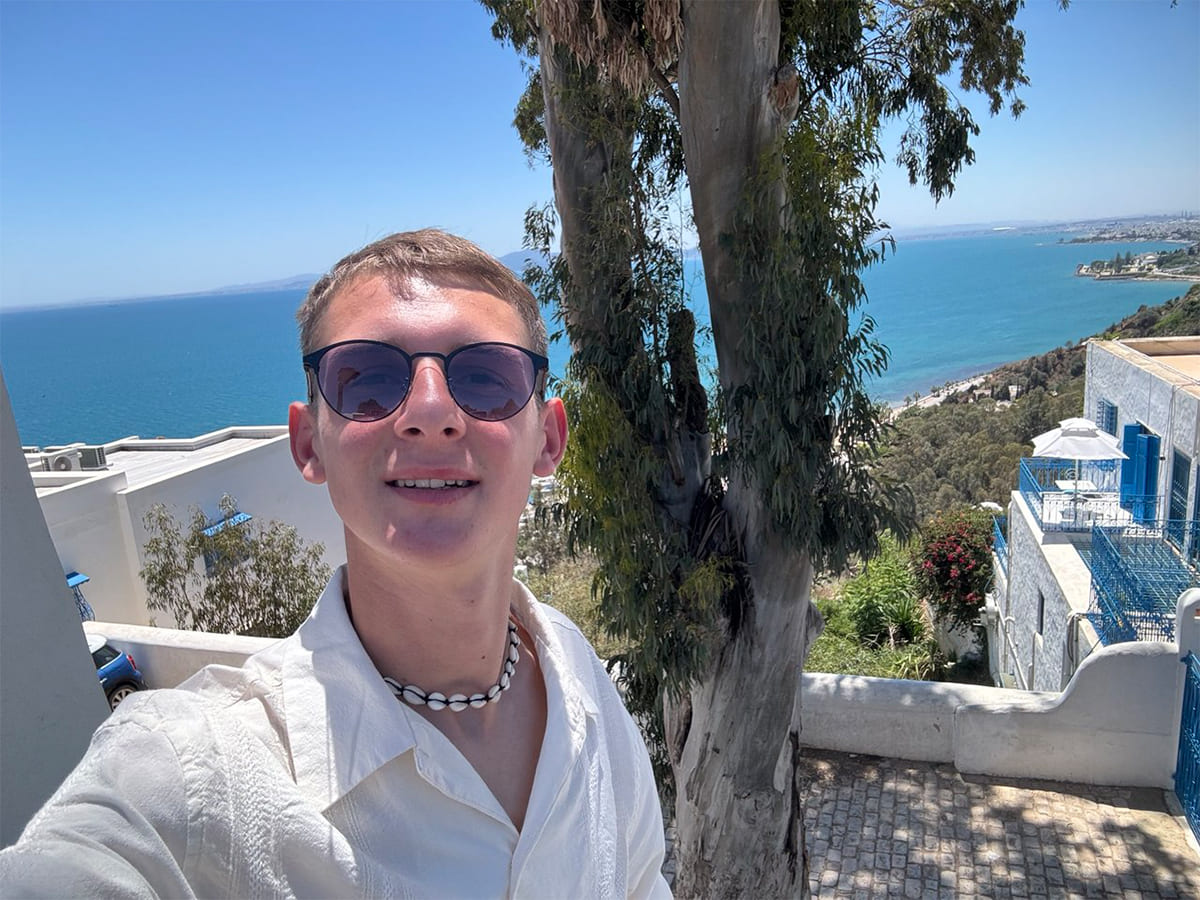
/photos from Damians’ personal archive/
You still talk about your profession as a sommelier with noticeable enthusiasm. How did it happen that you moved from winemaking to tourism?
In fact, I started working in tourism while I was still in Moldova. I conducted tours of wineries and realized that I wanted to develop my skills in such communication with people.
To communicate with travelers from different countries, special knowledge is required. What foreign languages do you speak?
I speak Romanian, Russian, English, and Turkish. Plus, I know a bit of Spanish and Italian, as I lived in Italy for a while.
And in which other countries have you lived and worked?
I started my career in tourism in Turkey, working as a transfer guide and then as a hotel guide. I also worked in Zanzibar.
Now you live in a Muslim country. How did you get acquainted with the local customs and culture, and what features of Tunisia would you highlight?
In general, I was familiar with Muslim customs even before coming here. I can say that Tunisia is more democratic than, for example, Turkey or especially Zanzibar. It feels very comfortable here, almost European, unlike Zanzibar, where customs are much stricter.
However, even there, there is no single belief system. Each Maasai tribe, of which there are over a hundred in that region, has its own religion. Some believe in Ngorongoro, while others adhere to Islam or Christianity. Zanzibar has a very colorful mix of beliefs and cultures, making it interesting to work there.
How did Tunisia welcome you? How comfortable do you feel here? Is there a sense of safety living in this country?
«Everything is OK.» That’s the first phrase I learned in the Tunisian Arabic.
And it really is good here. The locals are very hardworking and friendly, and I quickly made new acquaintances, especially among those who work nearby.
By the way, speaking of the Tunisian Arabic, it’s funny that Tunisians understand everyone who speaks Arabic, but no one understands them. They have their own special dialect, where one word is in Arabic and four are in French.
Yes, in everything related to international communication, you certainly have professional notices. You probably have to communicate a lot for work right now?
Of course. I work as a hotel guide, and we have an informative role. We tell guests about insurance and excursions, currency and Tunisian time. We inform them about what is safe and what is best to avoid, advise on how to dress appropriately in different situations, and introduce them to local traditions and customs…
In short, we try to provide the most comprehensive and useful experience of staying in the African Mediterranean in a very short period.
How busy are your workdays? Do you encounter emergencies or unforeseen situations?
We stay in contact with tourists 24/7, but the workload varies greatly. Sometimes work takes just 30 minutes, while other days it can be 14 hours. It depends on the number of hotels where our guests are staying. For example, 100 people might arrive and stay at more than 10 different hotels, meaning we would need to have 10 or more information meetings. On other occasions, a group of 100 people might stay at just one hotel.
The tourists’ personalities really matter too. If travelers are visiting Tunisia for the 10th time, we may just exchange contacts and that’s it. But if it’s their first visit, they’ll need detailed information about everything, from Berbers and olives to the sea and much more.
As for emergencies, fortunately, everything is usually Ok. Of course, I may receive calls even at night, for example, to arrange for a doctor or respond to other urgent matters that require the immediate involvement of the hotel guide. But such cases are rare.
/photos from Damians’ personal archive/
Do funny situations ever happen? Do tourists ask you any amusing questions?
They might unexpectedly ask why the sea is salty or wonder why Turkish flags are displayed everywhere in Tunisia. And, believe me, the guests who asked this question were quite puzzled and came up with various theories. But in reality, the flags of Tunisia and Turkey just look similar. A simple mix-up like that!
Speaking about countries, your colleagues have come to Tunisia from different parts of the world. How are your relationships with your coworkers? How difficult or easy was it for you to integrate into the international team at Carthage Group?
I’m a very sociable person, and for me, there was nothing difficult about integrating into an international team. In fact, I find it more interesting to work in such a team. We were all born and raised in different countries, with different cultures and customs, and it’s fascinating to listen to my colleagues share their life experiences.
The main question of our short interview: expectations vs. reality: did everything in Tunisia turn out the way you dreamed and hoped? How does your time here correspond to your personal “happiness index”?
In Tunisia it has turned out better than I expected. Despite being sociable, I really enjoy peaceful activities like sitting by the sea and watching the waves. To be honest, I thought I wouldn’t like excursion trips, especially long ones, which I have to participate in for work.
But with Carthage Group, I found them incredibly interesting! I’ve traveled all around here, and ironically, my favorite was the longest trip, to the Sahara. Now, I happily share my personal experiences with tourists.
I still manage to enjoy the sea as well. And I have time for another hobby of mine − seeking out unique new fragrances. I’m really into perfumes and don’t mind spending 200 or 300 euros on them. I must say, Arabic perfumes in Tunisia are exquisite. The names alone, like «Sultans,» «Scheherazades» − are pure magic, like something from «1001 Nights!»
It’s also important to mention that I have enough means to support this hobby. Carthage Group, my employer, takes care of almost all daily needs in Tunisia, including food, accommodation, transportation, and ensures our safety too, thinking of practically everything.
Yes, my personal «happiness index» is absolutely fine.
In our next post, read about how you can come to Tunisia just for a 10-day vacation and end up working in a completely unfamiliar country. And also, how your colleagues at work can become your true family.
We continue the conversation about the «happiness index»!


